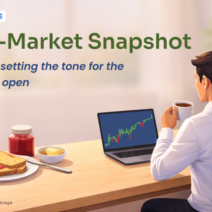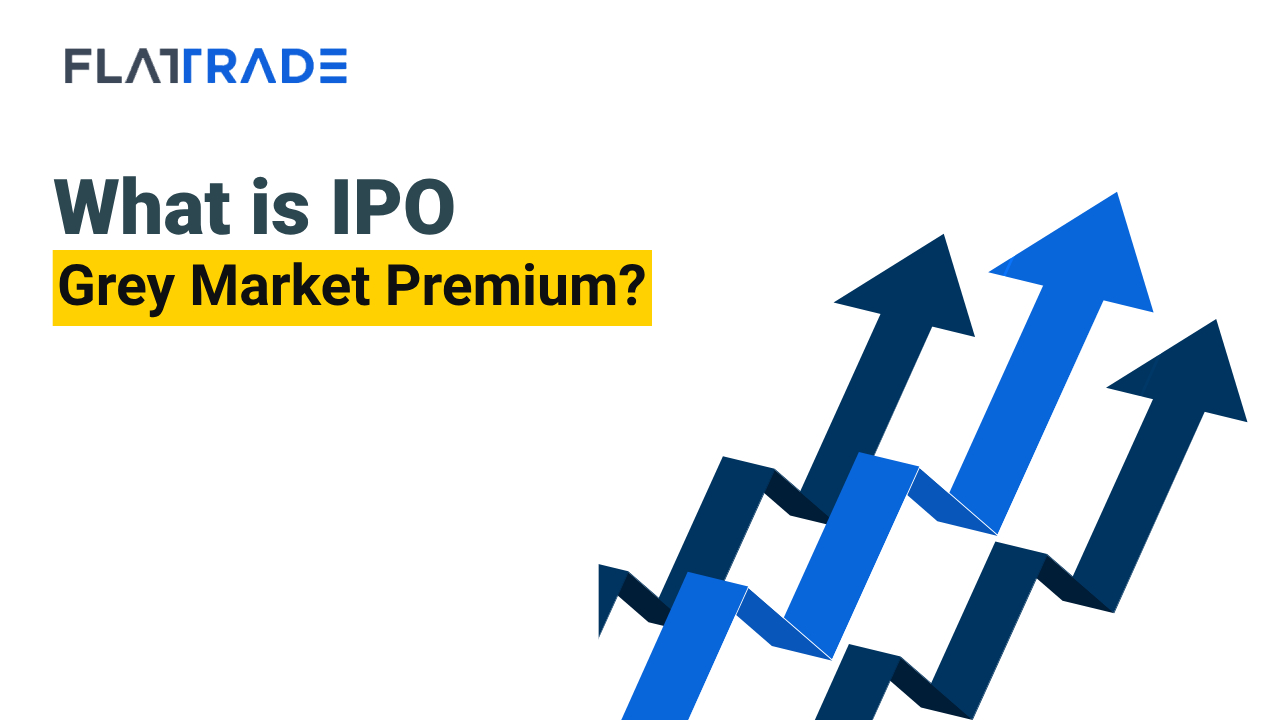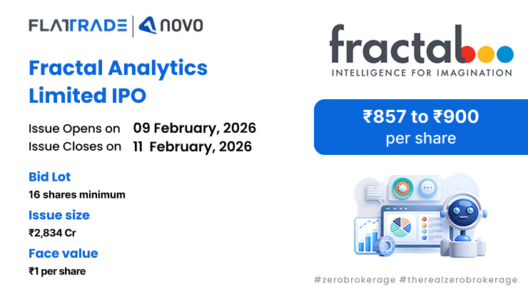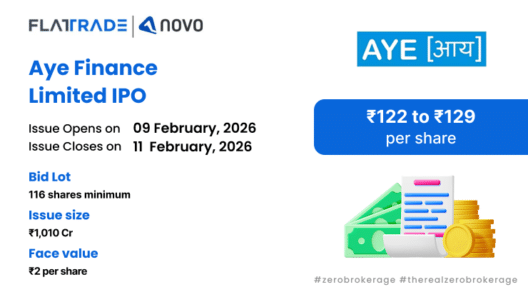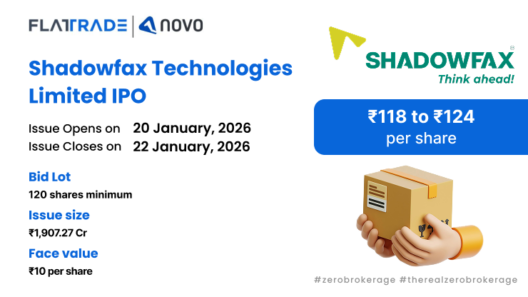What is IPO Grey Market?
The IPO Grey Market is an unregulated and unofficial market where investors trade shares of companies that are not yet listed on a stock exchange. Simply put, it serves as a platform for trading upcoming IPO shares before the listing date. Since this market is not governed by entities like SEBI, trades rely on personal contacts and trust among dealers and investors.
How IPO Grey Market Works?
Grey IPO market usually starts when the company declares its IPO and investors begin placing bids. At this point, some brokers or individuals unofficially trade and sell/buy IPO allotments even before shares are allotted. These transactions tend to be in cash and settled outside exchange systems. When the IPO is over-subscribed and demand is strong, grey market activity becomes more active.
Understanding Grey Market in India
In India, the IPO Grey Market is an important gauge of the demand and mood of an impending IPO. Even though illegal from a regulatory perspective, it is used extensively by market players for speculation on IPO performance. The Indian grey market functions through a dealership network, and the deals are typically word-of-mouth transactions with no written contracts.
How IPO Shares are Traded in the Grey Market?
IPO shares in the grey market are traded in two ways:
Grey Market Premium (GMP) Transactions: These are deals in which the investor commits to sell his/her IPO allotment to a buyer at an agreed-upon premium. After allotment of shares and listing, the seller hands over the shares to the buyer.
Kostak Rates: This is the premium paid by an investor for selling their IPO application itself. It is helpful when allotment is uncertain. For instance, if the Kostak rate is ₹1,000, it means that somebody is ready to pay ₹1,000 to take over your application, irrespective of allotment status.
What is IPO GMP?
GMP is Grey Market Premium. It is how much more the shares are trading higher (or lower) compared to the IPO price in the grey market. For example, if an IPO price for a company is ₹100 and it is trading in the grey market at ₹120, the GMP is ₹20. GMP indicates the value that is perceived in the stock by the grey market traders and is usually taken as a proxy of the expected listing performance.
How is Grey Market Premium Calculated?
GMP is solely demand and supply force-based. GMP depends on how willing buyers are to pay a premium over the IPO price, depending on market sentiment, fundamentals of the company, and future expectations. GMP calculation has no set formula. Dealers typically take inputs from investors, study subscription levels, and gauge market buzz to determine GMP rates.
Grey Market Premium vs Listing Price
While IPO GMP offers an early signal of the prospective listing price, it is not necessarily on target. There are periods when the listing price is higher or lower than the grey market projections. Market volatility, international economic conditions, and firm-specific updates between the close of the IPO and listing date can result in deviations. Therefore, GMP must be considered a sentiment gauge, not a sure-shot prediction.
The grey market in IPOs exercises an informal but powerful presence in the IPO universe. It aids in creating sentiment and anticipation, but because it is an unregulated market, one should be careful and not solely depend on GMP while making an investment decision. One should always conduct proper research and take advice from financial planners prior to an investment in an IPO.
Frequently Asked Questions
No, investing solely on the basis of GMP is not safe. As the grey market is not regulated, there is limited transparency and legal cover. Speculation can move GMP and prices can fluctuate quickly.
It is mainly because there are investors and traders who want early access to the profits of IPOs. Some use it to secure profits beforehand before allotment, and some bet on listing day performance. It also provides a gauge of demand for future IPOs.
Grey market trading is informal through brokers or dealers specializing in IPO deals. There is no official platform, and the deals are usually done in cash based on trust.
GMP can offer an indicative trend, but it is not a reliable predictor. There have been cases where stocks have been listed significantly higher or lower than their grey market premium suggested.
No, the grey market is not regulated by SEBI or any other Indian financial authority. Participating in it technically is illegal, and participants have no legal remedy in case of defaults or disputes.
